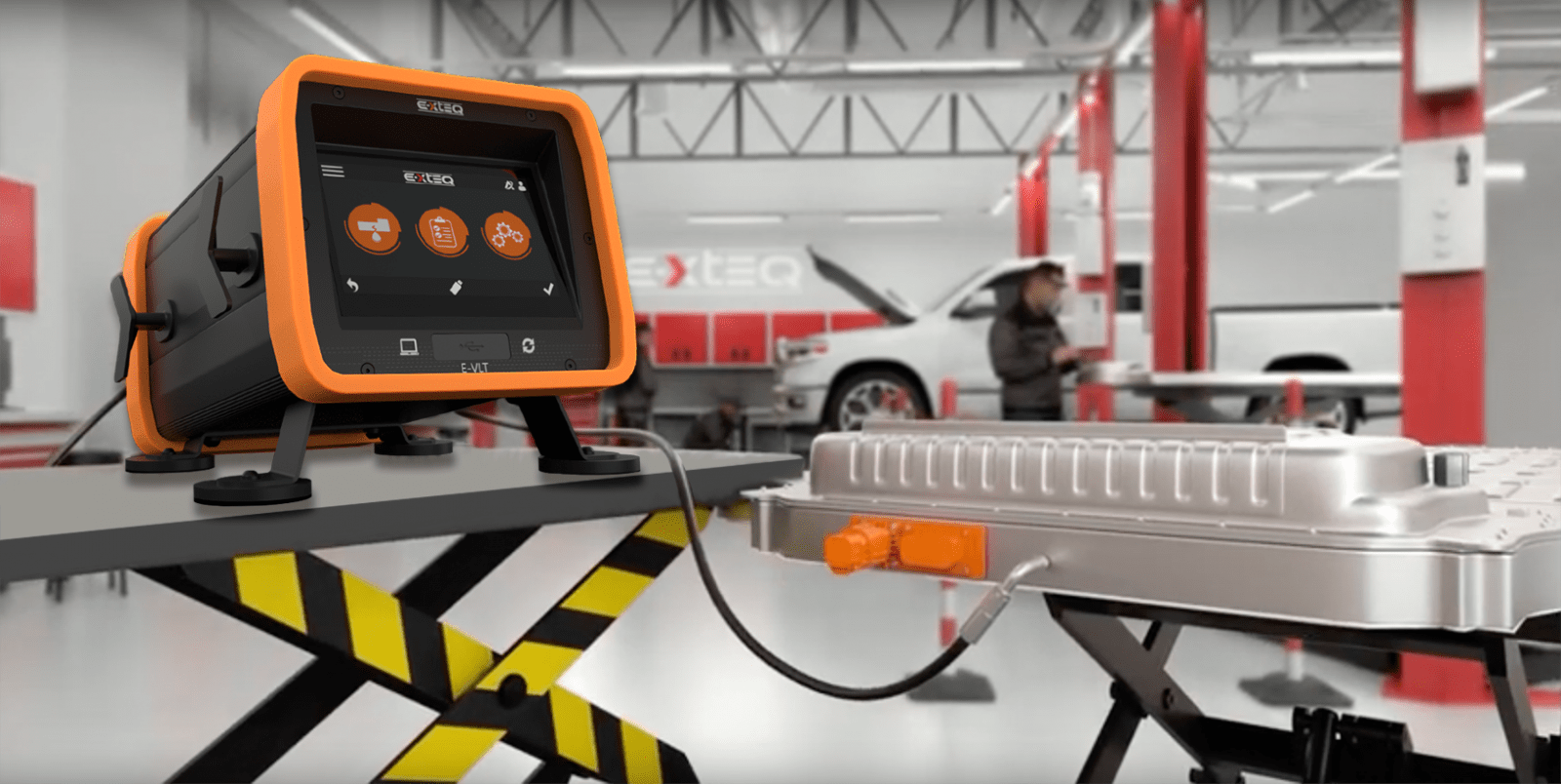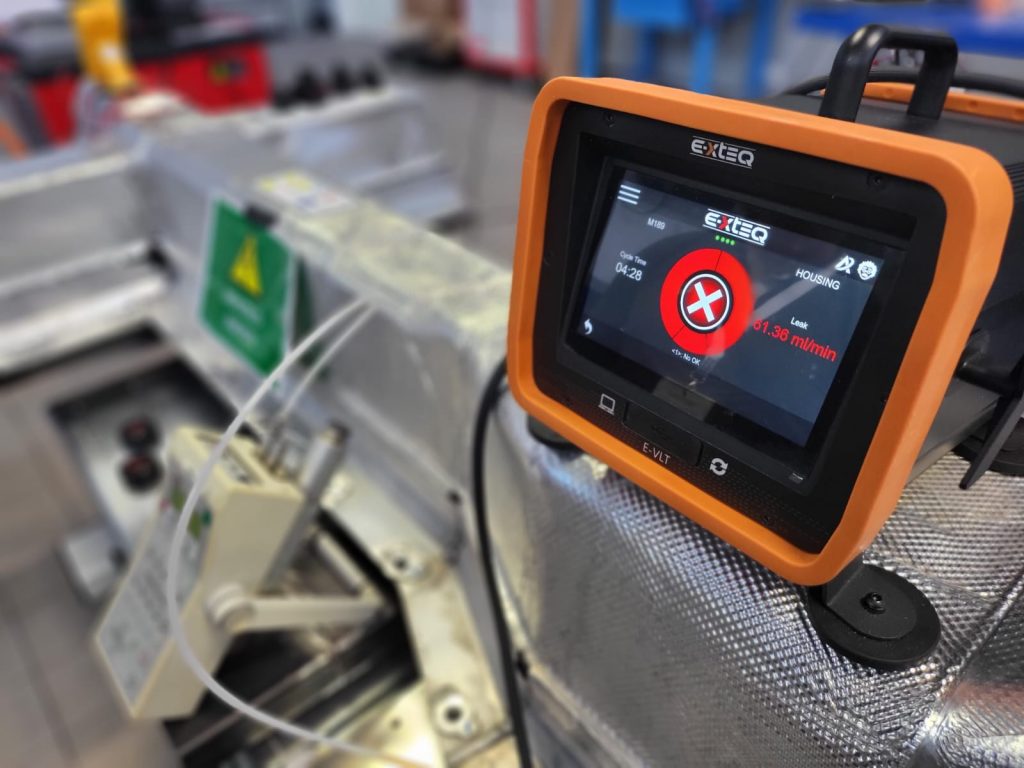
1. What kind of batteries do EVs use?
Most electric vehicles are powered by lithium-ion batteries and regenerative braking, which slows a vehicle down and generates electricity at the same time. The types of EVs that use batteries include:
- All-electric vehicles, also known as battery electric vehicles (BEVs), are completely powered by electricity.
- Plug-in hybrid electric vehicles (PHEVs) are powered by both electricity and an internal combustion engine (ICE). Unlike older hybrid electric vehicles, PHEVs can be operated on electricity alone.
- Hybrid electric vehicles (HEVs), like PHEVs, are powered by electricity and an ICE. However, an HEV cannot be plugged in to charge the battery. Since they cannot operate on electricity alone, they are not nearly as efficient as BEVs and PHEVs.

1- What is a Leak-Tightness Test?
A test to evaluate the physical integrity of a body, verifying there is no detectable porosity, cracks, or any other defect producing the same consequences of porosity or cracks in the body and, in case there are such defects, to evaluate the size of defects to decide if it will affect the proper functionality of the body.
2- When do we need a Leak-Tightness Test?
It is needed whenever we want to guarantee that a body has no defects allowing the exchange of matter through its boundaries (its walls).
Reaching perfection is desirable, but not mandatory.
However, whether we reach for perfection or not, we will always be forced to face the following THREE CENTRAL PROBLEMS of Leak Testing:
- 1) To detect the defects on a part or product.
- 2) To evaluate the size of defects once they are detected.
- 3) To have a valid criterion to decide whether a size of defect will affect or not, the proper functionality of a part or product.



